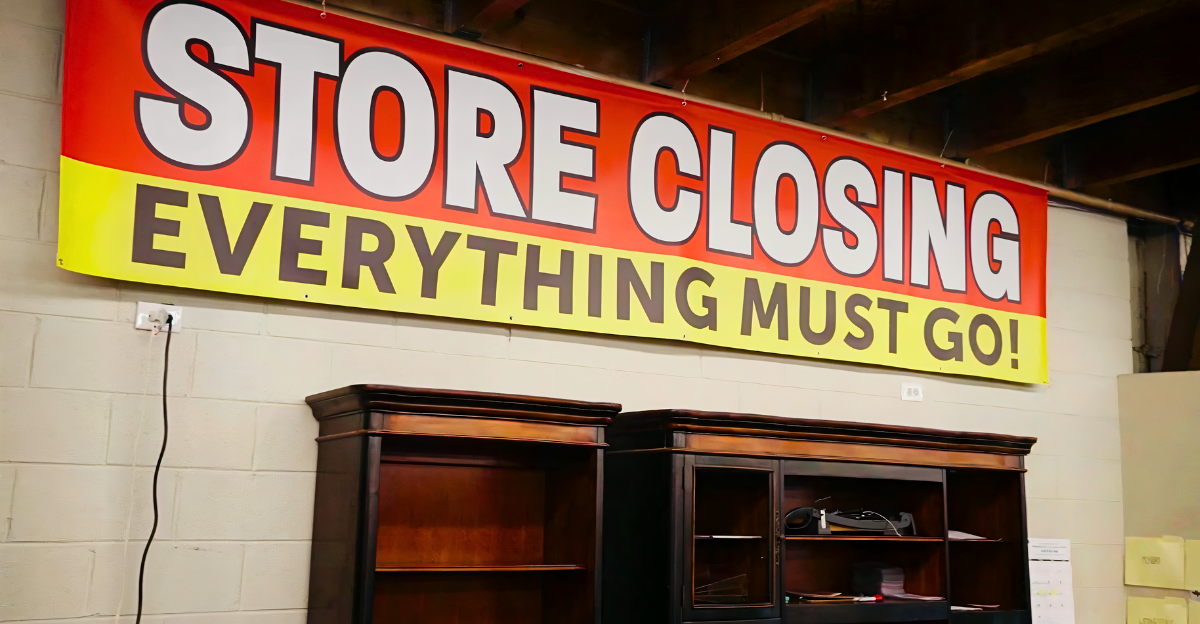
The U.S. hardware and home improvement sector is undergoing profound changes, leaving many companies scrambling to adapt. Rapid consolidation among major players and evolving consumer habits have left traditional retailers struggling to keep pace. As the grip of large chains tightens, smaller competitors face increasing pressure and potential obsolescence.
“Every day feels like a fight for survival,” one small business owner remarked. The risk of more closures and bankruptcies looms large, signaling a seismic shift in the retail environment that demands urgency in response and innovation to thrive, as the local communities feel the tremors in their neighborhoods.
Who Controls the Market?
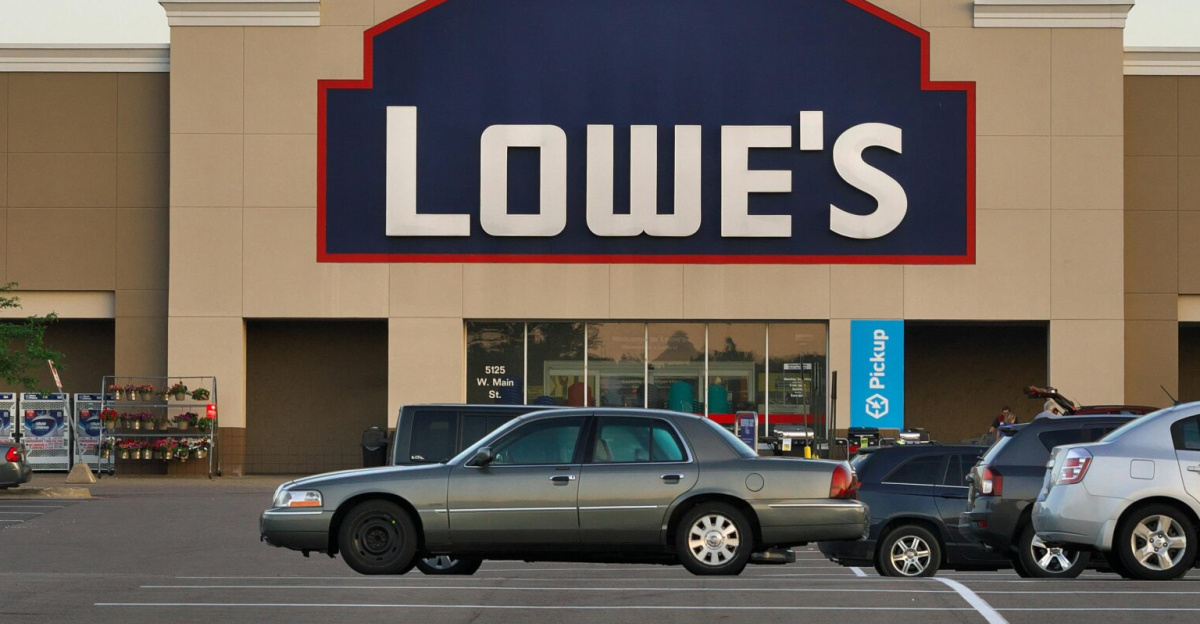
Home Depot, Lowe’s, and Amazon now dominate the home improvement landscape, controlling nearly 60% of total sales. This consolidation reveals a significant challenge for smaller, independent retailers, who must navigate an uphill battle for customer loyalty. “We’re losing a piece of ourselves as these giants take over,” lamented a longtime hardware store manager.
This evolution has left traditional stores, once cherished neighborhood fixtures, vulnerable and uncertain. As this trend intensifies, the marketplace continues to tilt heavily in favor of the retailers with deep pockets and expansive reach, pressing independent stores to adapt their strategies or face extinction.
Celebrating a Legacy: Kreuger’s True Value

Founded in 1866, Kreuger’s True Value in Neenah, Wisconsin, stands as a testament to resilience, serving its community for over 159 years. Surviving the Civil War, numerous recessions, and waves of retail disruption illustrates its significance.
“This store is part of our family history,” shared a local customer, reminiscing about generations of service. Its endurance reflected a commitment to community and a remarkable ability to adapt. Kreuger’s has been more than just a store; it has been a cornerstone of the local identity, a place where bonds were formed over tools, advice, and shared experiences across decades.
The Challenge of Competition

The rise of national chains like Home Depot has placed immense pressure on small independent retailers. Actual Value’s cooperative structure provided some protection, yet intense competition has recently eroded those advantages. “Before, it felt like we had a fighting chance,” one longtime employee noted.
Many independent stores now find themselves in a precarious position, grappling with the dual threats of decreasing market share and evolving consumer preferences. This environment challenges their footing and demands innovative strategies to remain relevant and connect meaningfully with their communities, even in the face of overwhelming odds.
A Historic Institution Shuts Its Doors
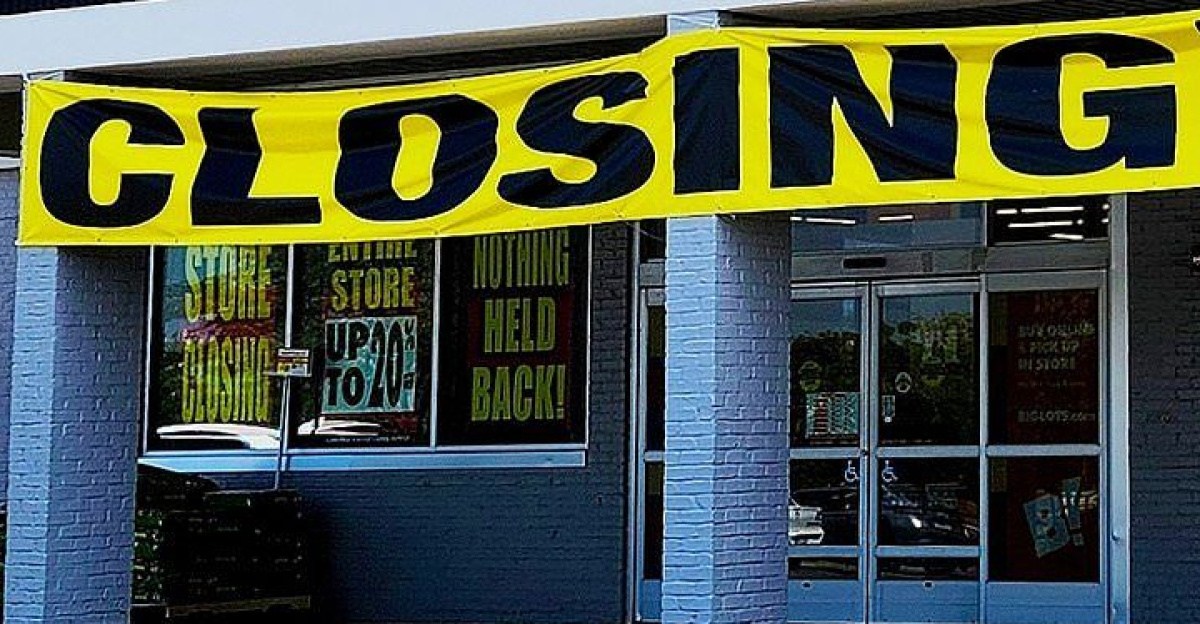
In July 2025, following futile efforts to find a buyer, Kreuger’s True Value announced its permanent closure. After grappling with challenging market dynamics, the owners made the heart-wrenching decision to liquidate. “It feels like losing a family member,” stated a loyal customer who had relied on Kreuger’s for years.
The store’s closure marks the end of a local institution and a profound emotional upheaval for the community. As the liquidation process begins, many residents reflect on the memories tied to this beloved hardware store, marking the end of an era in Neenah’s history.
The Community Impact
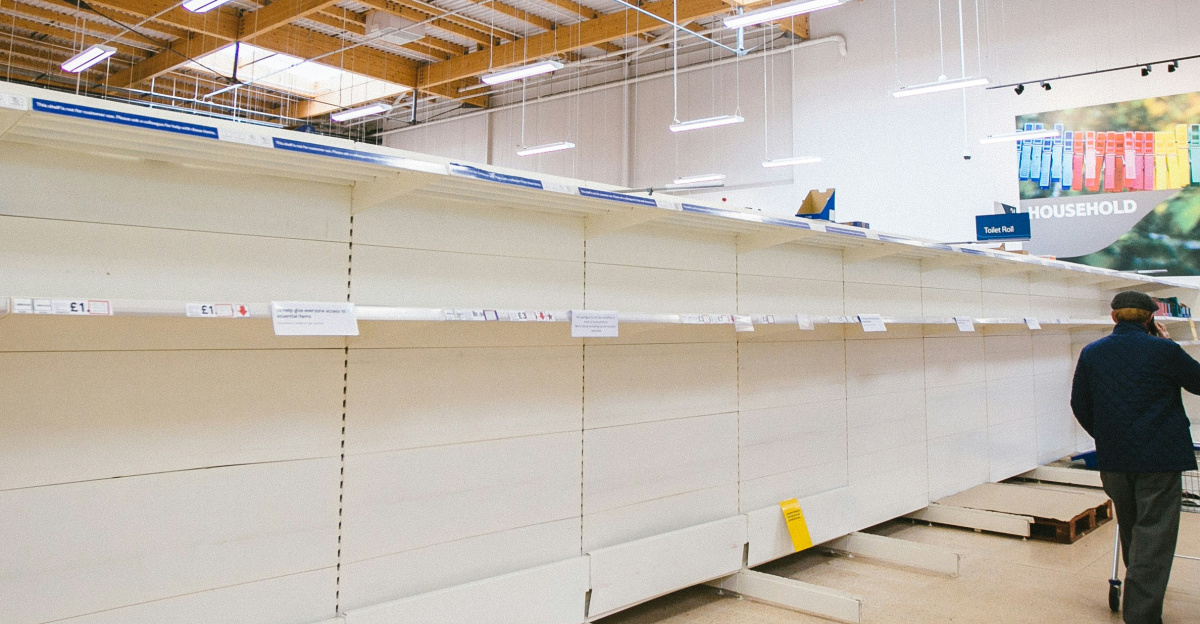
Kreuger’s closure reverberates beyond the storefront, affecting 37 employees facing unexpected job loss. “This place was my second home,” shared a grieving employee, reflecting on the impact of the closure. Local leaders and residents recognize that this loss encapsulates more than just an empty building; it represents the diminishing presence of multi-generational institutions shaping community bonding and support.
As the storefront closes, the community faces an integral void that transcends economic loss, embodying emotional ties and shared experiences that formed the fabric of Neenah life, nurturing generations over the years.
A Remarkable Legacy Ends

Jim and Brian Webb, the fifth-generation owners of Kreuger’s True Value, faced difficult choices due to their retirement plans and the struggles to find potential buyers. “It’s an incredibly tough decision. We didn’t want to see this legacy fade away,” Jim expressed with candor.
The brothers explored potential succession plans, hoping to find a solution that honored their family’s heritage while instilling hope. However, negotiations proved fruitless. This emotional chapter reflects the poignant struggle many small businesses face today, where legacy and the desire for continuity clash with stark market realities.
The Rise of Big Box Retail
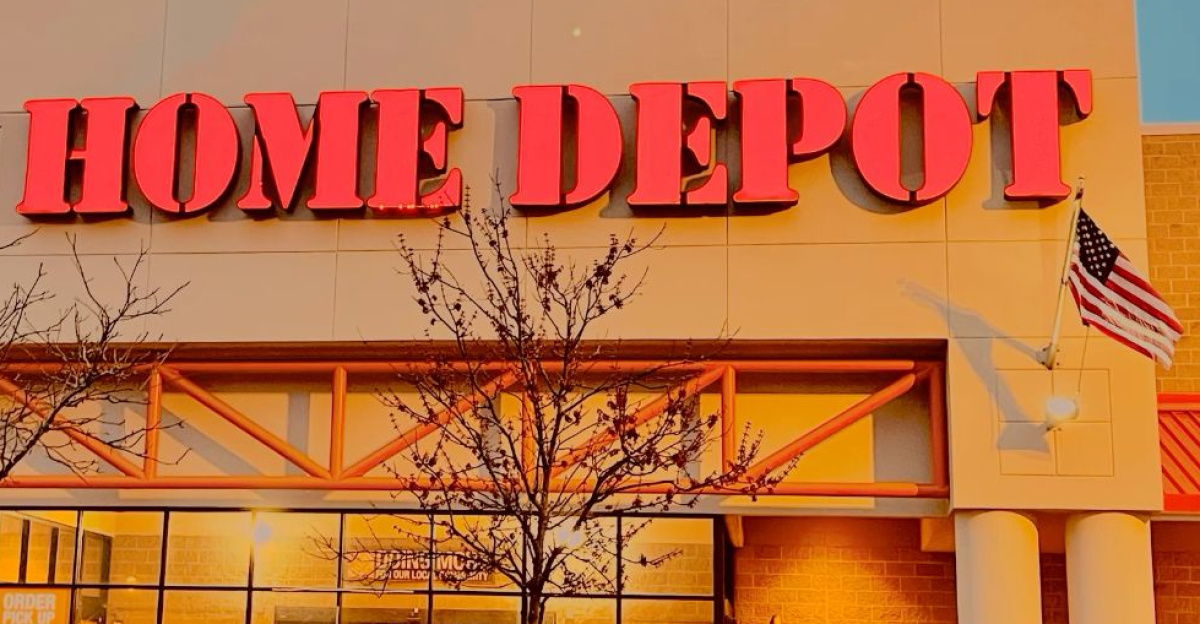
The relentless expansion of giants like Home Depot and Lowe’s has drastically changed the local retail landscape as smaller hardware stores find their market share dwindling. With purchasing power and advertising capabilities favoring the larger chains, independent competitors face tough odds.
“Every day, we’re reminded of the uphill battle we’re in,” admitted a local hardware store owner. Actual Value and Ace, once beacons of local commerce, now try to innovate and position themselves anew. Yet, with fewer resources and support, the micro-stores struggle to maintain their footing amid the expansive reach of their corporate counterparts.
An Industry in Turmoil

Kreuger’s closure is emblematic of broader turmoil within the home improvement industry, reflected in 2025’s wave of bankruptcies and liquidations among similar businesses. “Every time a store closes, it feels like a small part of our community vanishes,” said a former employee.
The shift towards e-commerce and the dominance of large-format retailers leave many traditional storefronts vulnerable and at risk of extinction. The upheaval invites urgency for innovative strategies that counteract declining foot traffic and hold onto cherished community ties that represent the lifeblood of independent stores across the U.S.
A Parent Company in Crisis

Actual Value’s challenges extended beyond individual stores; its parent company filed for Chapter 11 bankruptcy in October 2024, intensifying uncertainty for its 4,500 independently owned locations. “We felt the tremors of their struggles, and it made our situation dire,” reflected a former employee of Kreuger’s.
Against this backdrop, some locations found survival pathways, but others, like Kreuger’s, could not withstand the storm. The intertwined fates of the parent company and its stores underscore a critical moment of vulnerability for legacy brands confronting the relentless force of market change.
Employee Anxiety and Transition

As the news of Kreuger’s impending liquidation was announced, employee reactions ranged from anxiety to heartbreak. Official notifications were sent to the Wisconsin Department of Workforce Development, marking the start of a difficult transition. “We invested so much here; it’s hard to see it all vanish,” shared an employee.
Workers began seeking new job opportunities, worried about their families and futures. The emotional weight of closing a workplace filled with years of memories and camaraderie adds another layer of complexity to this already challenging situation, amplifying the community’s overall sense of loss.
Leadership’s Challenge

The Webb brothers invested substantial effort into exploring potential buyers and succession plans for Kreuger’s True Value but faced challenges in finalizing negotiations. “Retiring felt like closing the door on our family story,” reflected Brian Webb, underscoring the emotional toll of their decision.
With retirement around the corner and the uncertainty of transitioning the business looming, the brothers opted to close rather than prolong the inevitable. Their struggle highlights the growing complexity facing long-established family-owned businesses as they strive to bridge the gap between legacy and modern market realities.
Seeking a Viable Path

Despite efforts to engage potential investors and franchisees, industry insiders acknowledge a harsh truth: smaller hardware stores often struggle to attract capital for long-term viability. “The odds are against us right now,” a small business consultant warned, pointing to overarching trends in consolidation as a barrier.
With each closure, the local landscape shifts dramatically, creating challenges for independent retailers trying to turn around their fortunes. The reality is stark: as the industry consolidates, finding effective routes to recovery for smaller, valued stores becomes increasingly rare, creating a tightening grip on community-centered businesses.
Trends in Consolidation
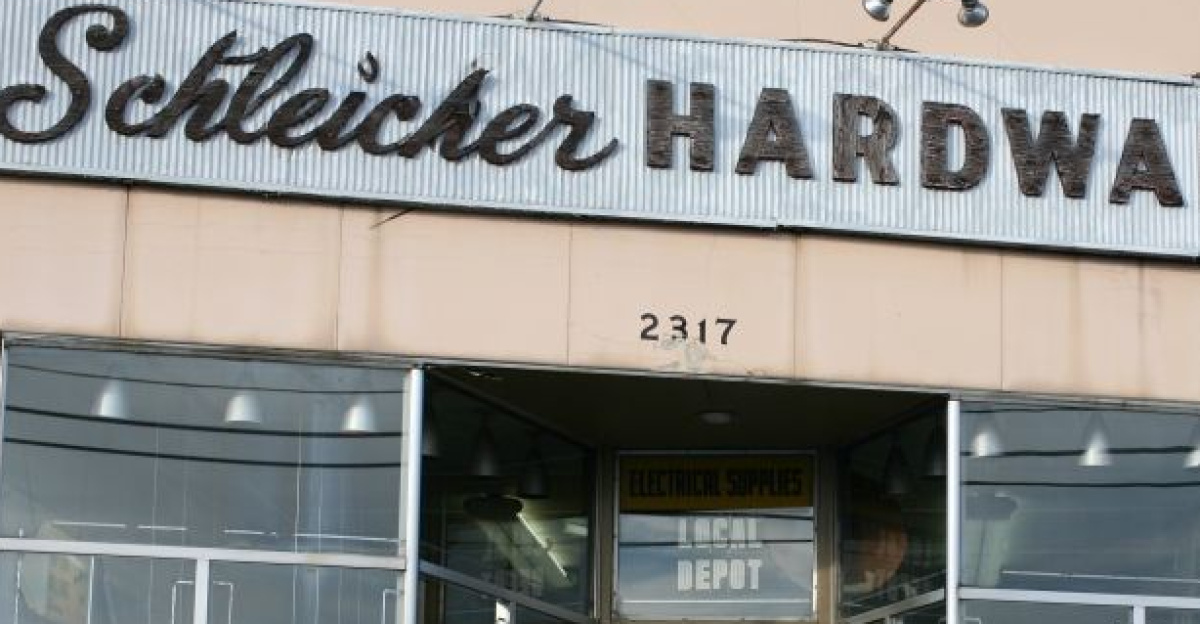
The persistent consolidation trend within the retail sector spells a dire outlook for independent hardware stores. Analysts warn that only the most innovative and well-capitalized retailers may survive the next decade. “Nostalgia and community connections aren’t enough to turn the tide,” reflected an industry analyst.
As Kreuger’s True Value closes, the potential for similar stories across the nation looms, marking what could be a new normal. For smaller retailers, it is the moment to innovate and redefine their roles or risk becoming the next chapter in a growing narrative of loss.
A Lasting Impact on Communities

The impact of Kreuger’s True Value closing will resonate far beyond its walls, affecting community dynamics and economic conditions. “It’s a loss that can’t be measured simply in dollars and cents,” expressed a local business owner, highlighting the sentiment shared by many. Neenah’s fabric is interwoven with Kreuger’s history and legacy, reflecting numerous moments that shaped lives.
Local events, gathering spaces, and relationships built across generations now symbolize a fading chapter, challenging residents to navigate a future without their long-standing community hub as they look for ways to fill the void.
The Push for Local Innovation

In light of closures like Kreuger’s, many within the retail community are rallying to innovate and reclaim their markets. “Now’s the time for us to reinvent ourselves,” said a determined local hardware store owner. The potential for revitalization grows as independent stores explore unique offerings and personalized customer experiences.
Focusing on community engagement can create a new narrative that blends tradition with modern consumer desires. This proactive approach aims to assemble the community around conscious consumerism and support, positioning local businesses as valuable contributors to economic resilience, fostering connection in a more competitive landscape.
Adapting to Consumer Demands

The evolving landscape forces local hardware stores to rethink their strategies and adapt to shifting consumer demands. “Customers are looking for more than just products; they want experiences,” a retail analyst emphasized. Independent stores are exploring creative ways to showcase their expertise, such as hosting workshops and community events that cultivate relationships.
By reimagining their role in the community, these retailers can capture the imagination of consumers who crave engagement and connection, demonstrating that they offer something unique and valuable beyond mere transactions in this changing market.
Collaborative Approaches

Independent retailers are also recognizing the power of collaboration in overcoming market challenges. “We’re stronger together,” a cooperative leader stated, advocating for shared resources and collective marketing efforts. Pooling expertise and resources determines the direction of independent businesses while reinforcing community ties.
By working together, these retailers can amplify their voices and enhance their presence against corporate giants, revitalizing local commerce. As these partnerships bloom, they become essential networks supporting each other’s success and resilience, paving the way for a community-driven revival amid upheaval.
The Path Forward

Ultimately, the journey ahead for independent hardware stores may be fraught with challenges, but it can also promise resilience and renewal. “Every closure can be a lesson,” reflected an entrepreneur actively involved in local advocacy. With creativity and community spirit, there is hope that independent hardware stores can carve a valuable niche and thrive amid consolidation.
Rebuilding will require collective effort, innovation, and deep connections, but the potential for reviving the beloved neighborhood hardware store and fostering local economies remains an inspiring rallying point.
The Future of Local Hardware

As the community grapples with the loss of Kreuger’s True Value, the future landscape of local hardware stores remains to be seen. “We can’t let go of what this place stood for,” a resident emphasized, hoping for new beginnings. The stories and traditions tied to these stores linger in the hearts of many, reminding communities of the importance of preserving legacies while adapting to change.
With challenges ahead, the edifice of retail is primed for evolution. Neenah will play an essential role in the narrative of community-centered retail, asking its citizens to unite and forge a lasting legacy.






